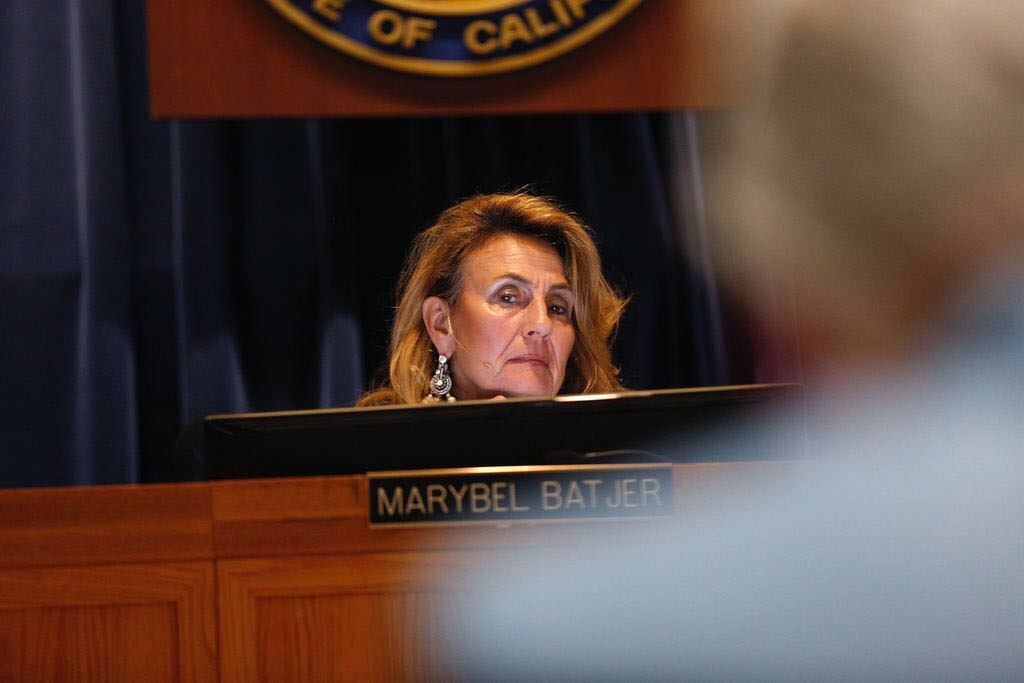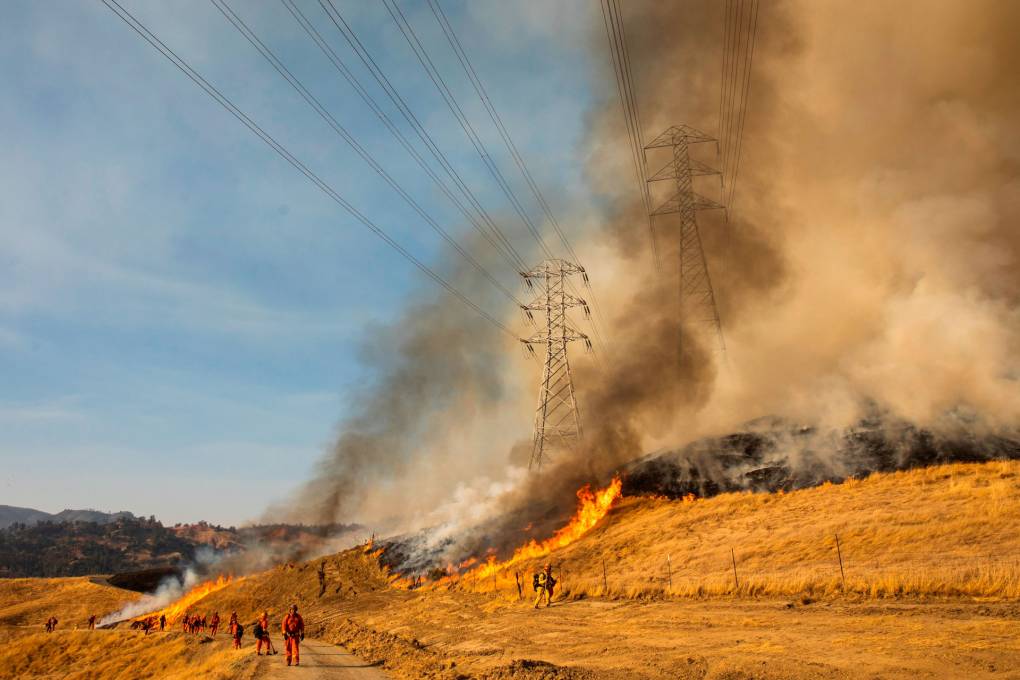California power regulators on Thursday unanimously approved PG&E's $58 billion plan for getting out of bankruptcy, despite ongoing worries about the utility's ability to safely operate its crumbling electrical grid.
The vote by the California Public Utilities Commission came just a few hours after a federal judge ripped the company for continuing to engage in reckless behavior that he believes is endangering even more lives.
U.S. District Judge William Alsup blasted PG&E for "flim flamming" him about its newfound commitment to safety in previous hearings. He also raised worries that state power regulators haven't done enough to prevent "a recalcitrant criminal" from causing more death and destruction as the risk of wildfires rises with the summer temperatures.
"If there ever was a corporation that deserved to go to prison, it is PG&E," Alsup said.
After enduring Alsup's scorn, PG&E cleared a key hurdle to end its nearly year-and-half bankruptcy with the CPUC's approval of a complex plan resolving more than $50 billion in claimed losses after the company was blamed for igniting a series of catastrophic wildfires in 2017 and 2018. Those fires cumulatively killed more than 100 people and destroyed more than 27,000 homes and other buildings.



